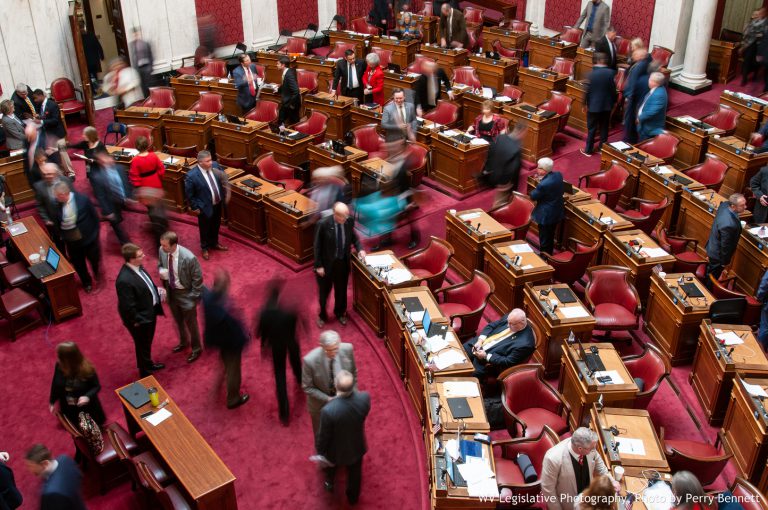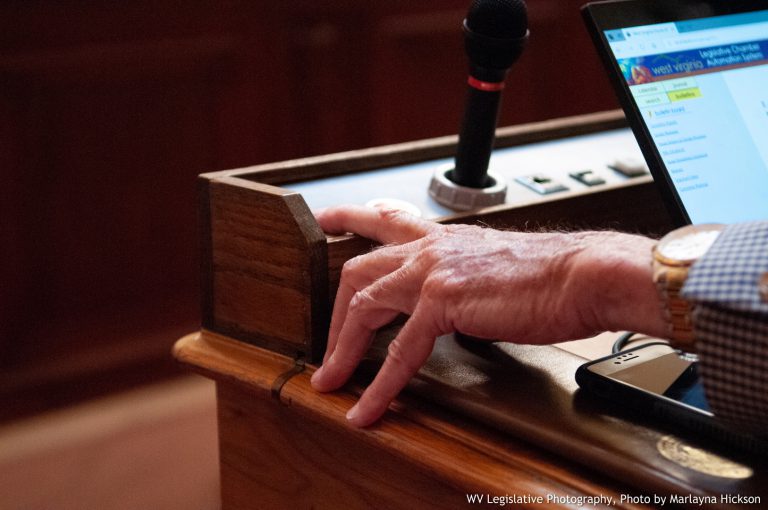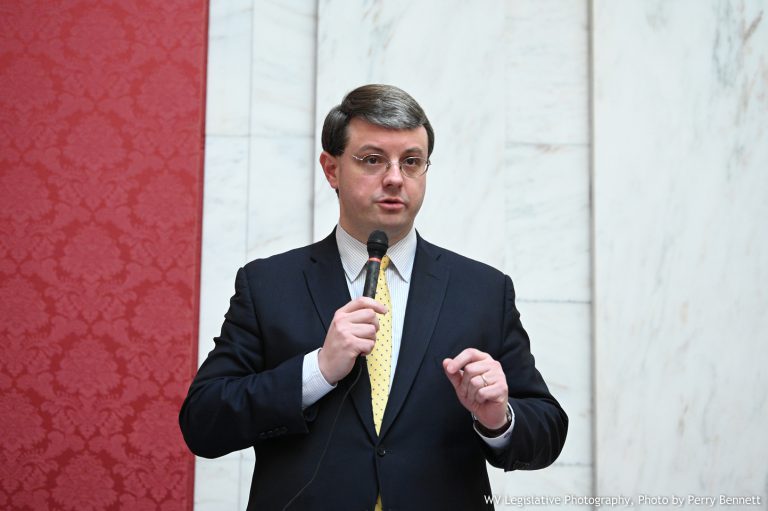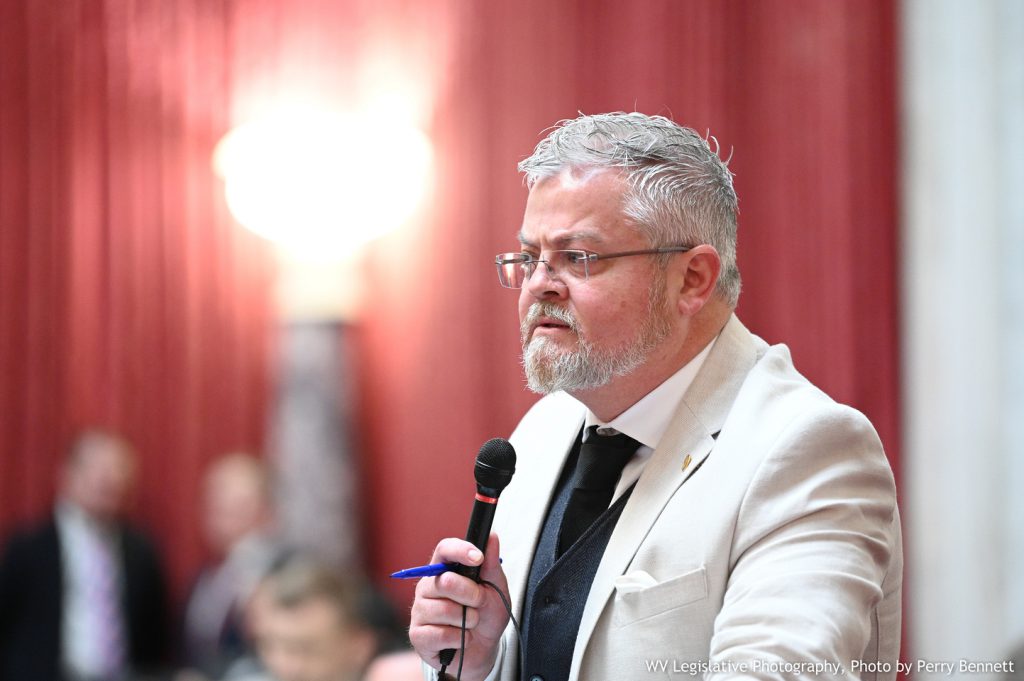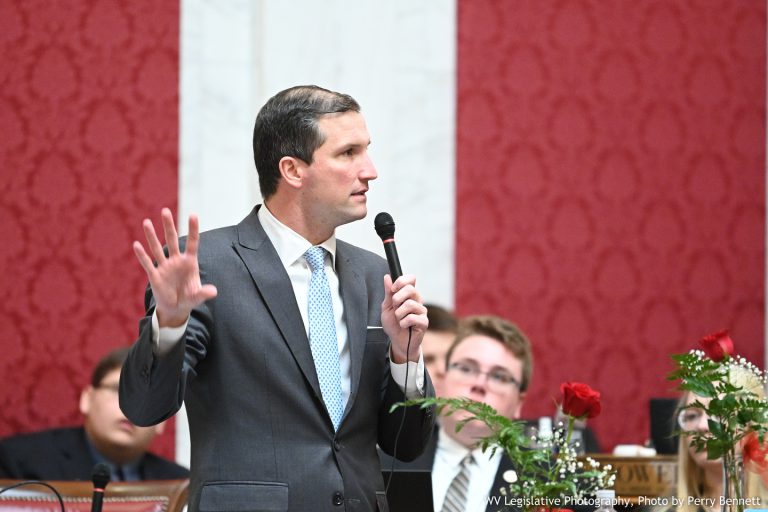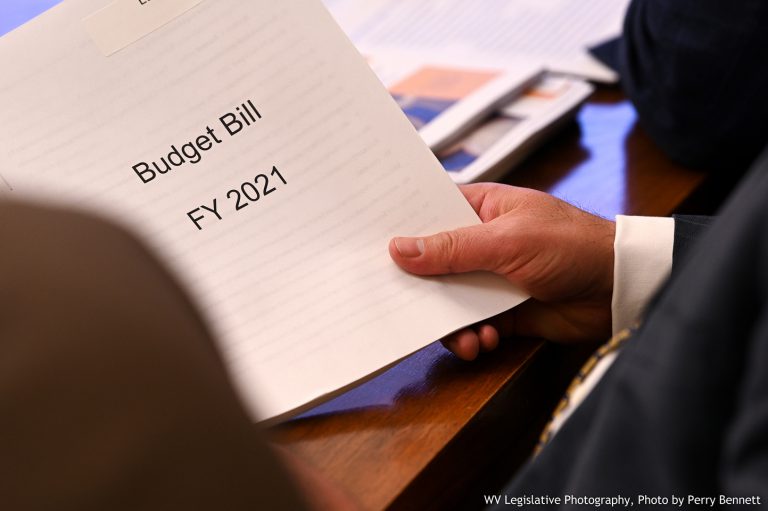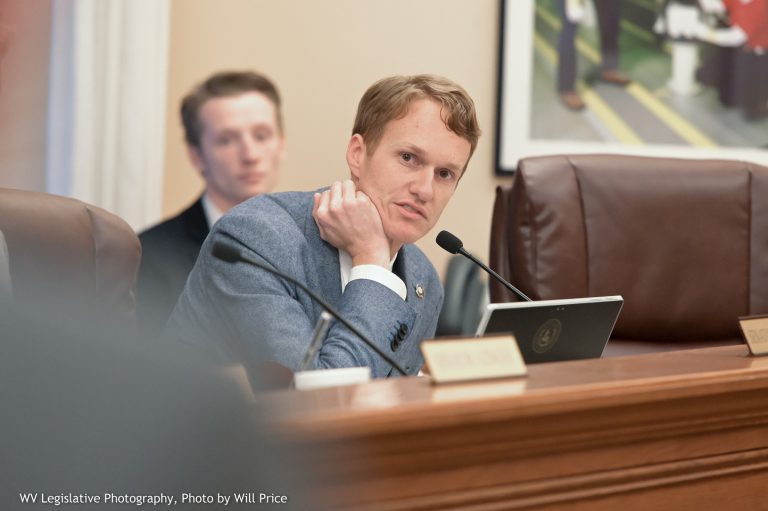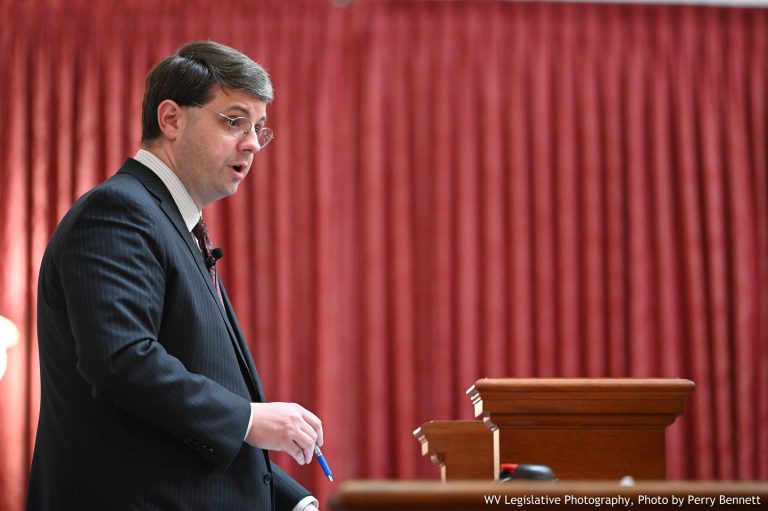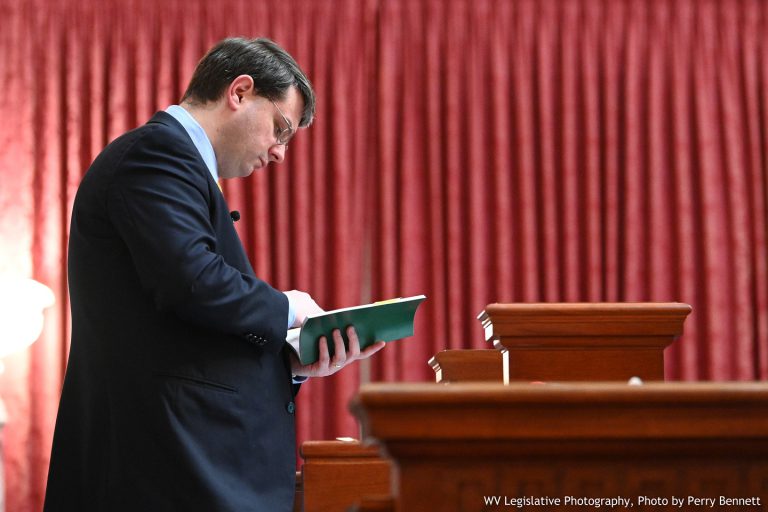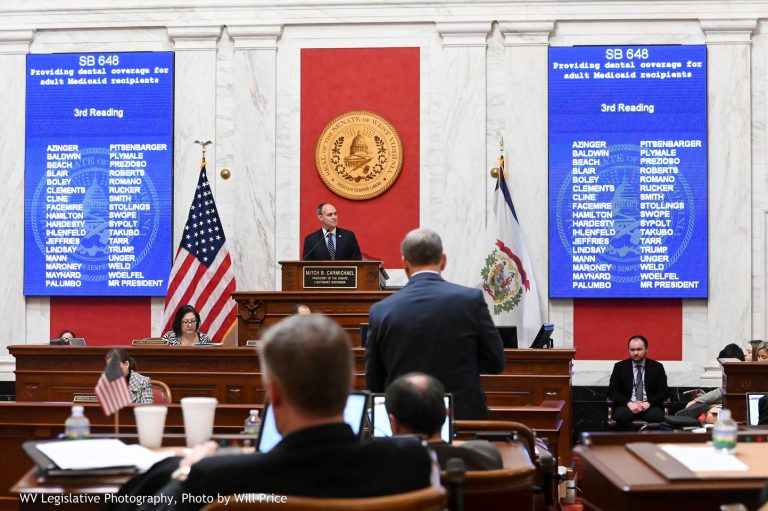As of Friday, Feb. 28, 2020, there have been 1,530 bills introduced in the House and 243 bills have been passed and now are before the Senate.
House Bill 4019 creates the Downstream Natural Gas Manufacturing Investment Tax Credit Act of 2020. The amount of credit allowable depends upon the cost of the qualified investment property and the number of new jobs created. The bill includes rules for administration and enforcement of the credit. If enacted, the credit would apply to qualified investment property placed in service or use at a downstream natural gas manufacturing facility in this state.
House Bill 4421 creates the Natural Gas Liquids Economic Development Act of 2020. This bill encourages development, transportation and use of natural gas liquids in the state by providing certain tax credits related to the production, transportation, storage, use and consumption of natural gas liquids.
House Bill 4558 provide for a $5,000 tax credit for service by volunteer firefighters to West Virginia personal income tax liabilities. In order to receive the credit, the firefighter must be an active member in good standing.
House Bill 4780 permits school boards to offer social studies elective courses to high school students on the Bible. The bill states that schools will be permitted to teach about the influence of the Hebrew Scriptures or New and Old Testament on law, history, government, literature, art, music, customs, morals, values and culture.
House Bill 4882 permits certain non-licensed wineries not located in the state of West Virginia to come to the state and attend a fair and festivals and special one-day charitable wine events, and further temporarily provide wine samples and temporarily sell wine for off-premises consumption in the state with the hopes such wineries may eventually apply for a permanent license in the future.
House Bill 4159 reduces the tax rate on alcoholic apple cider by reclassifying it in code. Once hard cider is reclassified it will be taxed at a rate in between wine and beer. This bill intends to facilitate the growth of the cider industry in West Virginia.
House Bill 4176 gives legislative oversight to the the West Virginia Intelligence/Fusion Center. The Fusion Center will be placed under the Department of Military Affairs and Public Safety instead of the Governor’s Office where it originated.
House Bill 4362 establishes penalties for emotional abuse of an incapacitated adult; to establish penalties for abuse, neglect or emotional abuse of a nonverbal special need’s child; and to establish penalties for causing death of a nonverbal special need’s child.
House Bill 4494 creates a Tobacco Use Prevention and Cessation Task Force and provides money to the Office of Tobacco Prevention to combat tobacco use in West Virginia by using funds from the Tobacco Master Settlement Fund.
House Bill 4497 requires an automated defibrillator device and a trained device operator be present at all secondary school athletic events.
House Bill 4574 creates the Just Transition Office to diversify the economy and rebuild communities in areas of the state that have been heavily impacted by the receding coal industry.
House Bill 4602 increases the criminal penalty for DUI causing death when a child was present in the car when the accident occurred. When the death of any person ensues within one year as a result of injury received by the driving of a vehicle with reckless disregard of the safety of others, and a child is present in the vehicle at the time of the accident, the person operating the vehicle will be guilty of a felony, and will be punished by imprisonment from three-fifteen years and by a fine of $2,000 to $5,000.
House Bill 4648 creates the Parenting Fairness Act of 2020. This establishes that a 50-50 custody split between two parents in the case of divorce is in the best interest of their child(ren) and is to be set as the standard for courts in the state. This is to be used in cases when parents cannot come up with their own parenting plan that they both agree on. Additionally, this custody split will only be implemented in cases where abuse, neglect or drug use are not present with one of the parents.
House Bill 4892 reduces personal income tax rates by using money that is directed from certain revenue sources into a new Personal Income Tax Reduction Fund.
House Bill 4958 eliminates the ability for a driver’s license to be revoked under the circumstances of unpaid court fines and costs. The purpose of this bill is to allow those with long outstanding fines to legally drive and pay their fines on a payment plan. This legislation aims to keep people working while they have outstanding fines.
House Bill 4969 This bill requires the state Board of Education to implement trauma-informed practices in schools. Trauma-informed practices are meant to help children in schools that have learning difficulties due to trauma that was experienced in their home lives.
House Bill 4009 permits a doctor to order the involuntary hospitalization of a mentally ill or addicted patient that is in clear danger to themselves or other people. In the case of a psychiatric emergency, a doctor may hold a patient for up to 72 hours.
House Bill 4524 permits the sale of alcohol for offsite consumption across the entire state. West Virginia currently has 13 dry areas, which are areas of the state that cannot sell alcohol. Under this new legislation, any political subdivision will be allowed to opt to stay dry. This will allow areas of the state to opt out of selling rather than having to opt in, because the majority of the state does allow for the sale of alcohol.
House Bill 4377 creates The Protection of Eligible Adults from Financial Exploitation Act. The bill details the obligations and duties of broker-dealers or investment advisers to notify certain agencies of potential financial exploitation of eligible adults.
House Bill 4409 transfers remaining funds from the Volunteer Fire Department Workers’ Compensation Premium Subsidy Fund at its existing sunset date of June 30, 2020 to the Fire Service Equipment and Training Fund and the State Auditor’s Chief Inspector’s Fund.
House Bill 4464 prohibits the holder of a level three, full class E license from using a wireless communication device while operating a motor vehicle. It also defines driving privileges for children under the age of 18.
House Bill 4560 removes the requirement that wine be purchased with a face-to-face transaction and allows wine specialty shops to sell wine with a gift basket over the phone or online.
House Bill 4717 establishes bookkeeping procedures and internal controls of forfeited properties under the West Virginia Contraband Forfeiture Act.
House Bill 4925 requires the West Virginia Secondary Schools Athletic Commission to recognize nonpublic schools that meet the requirements of the West Virginia Secondary Schools Athletic Commission for nonparticipating school or team members.
House Bill 4970 prohibits insurers from charging military service members higher insurance premiums, commonly referred to as the “patriot penalty”, as a result of a lapse in coverage due their active duty or reserve component military service.


